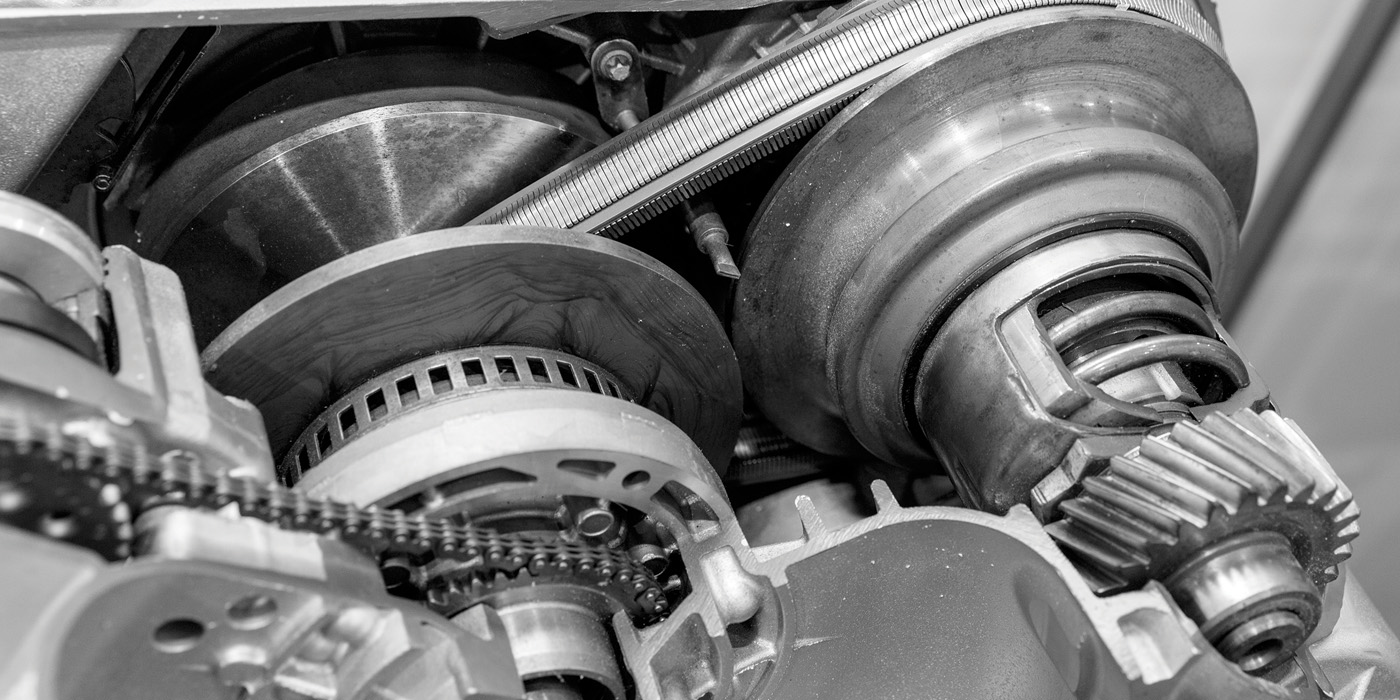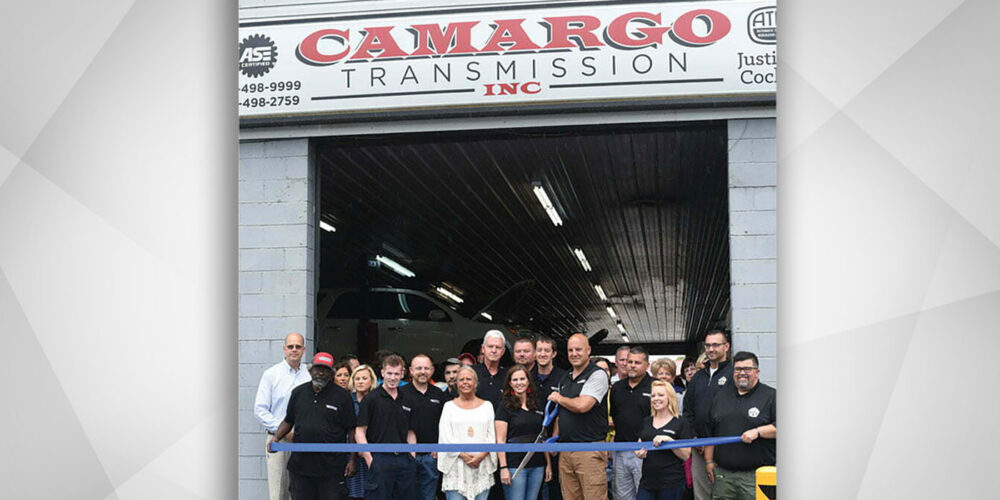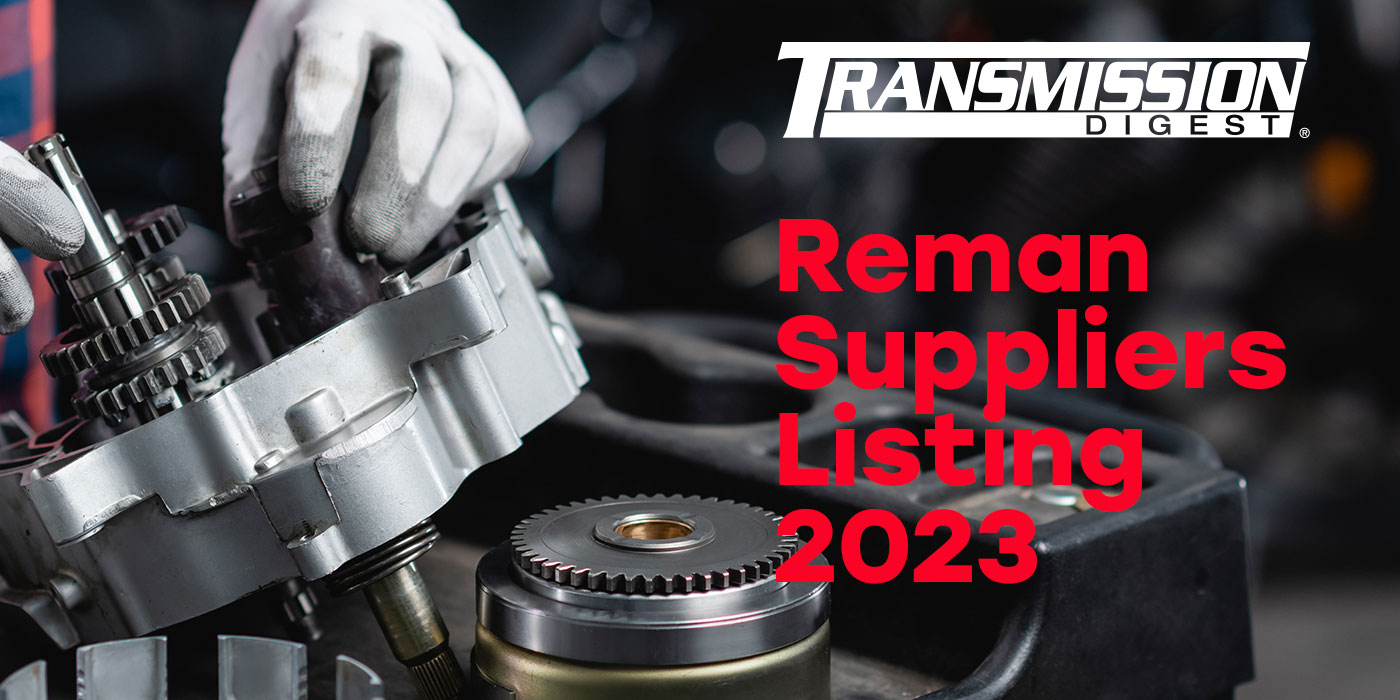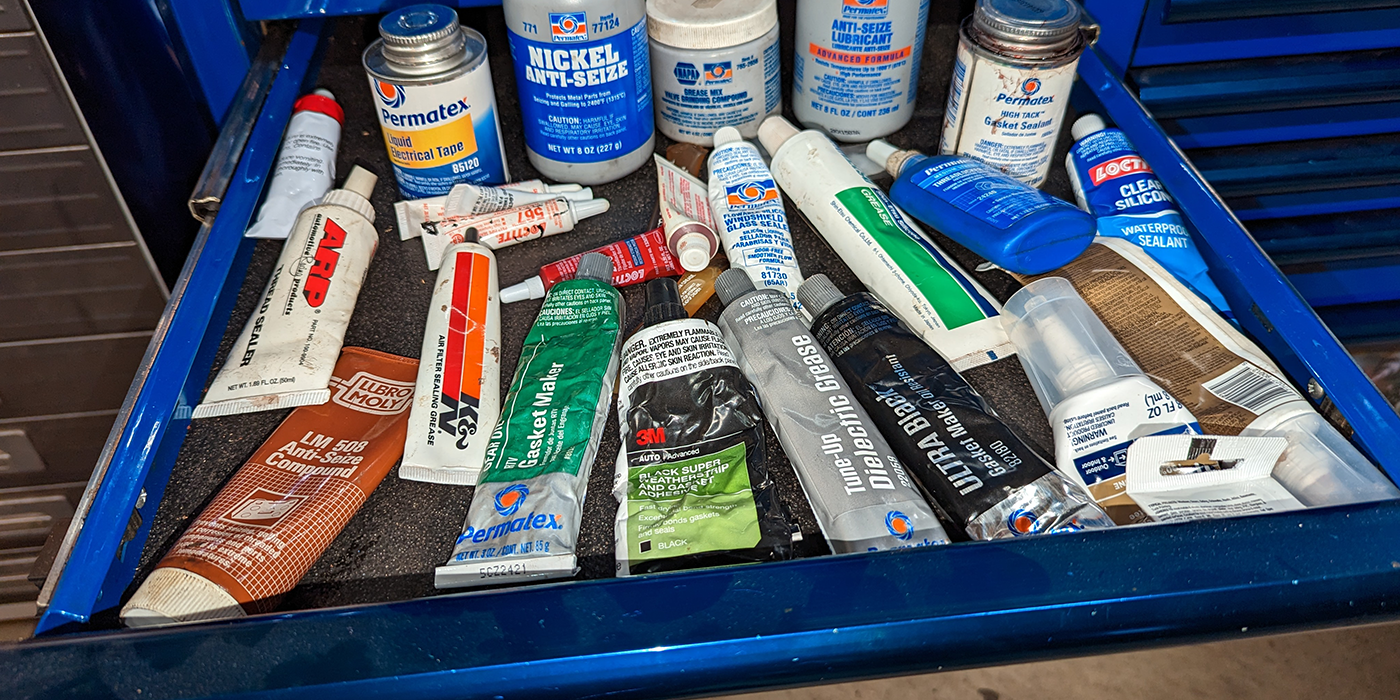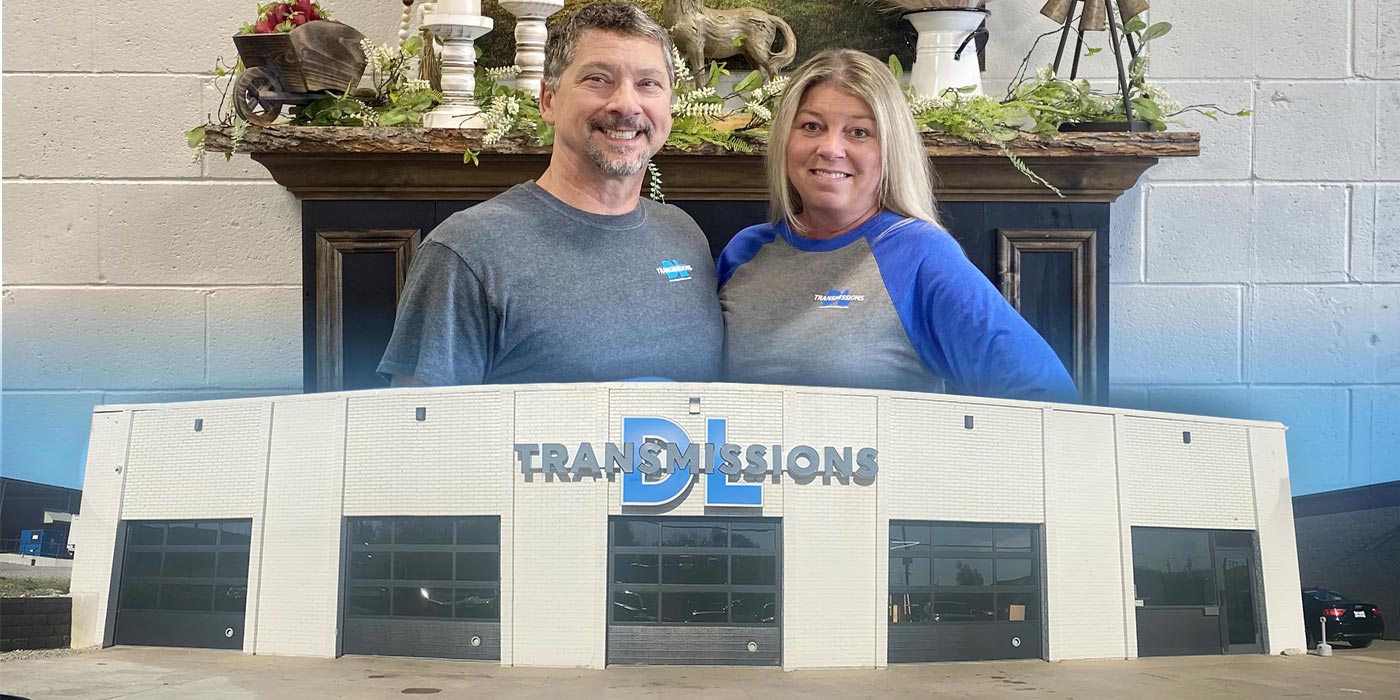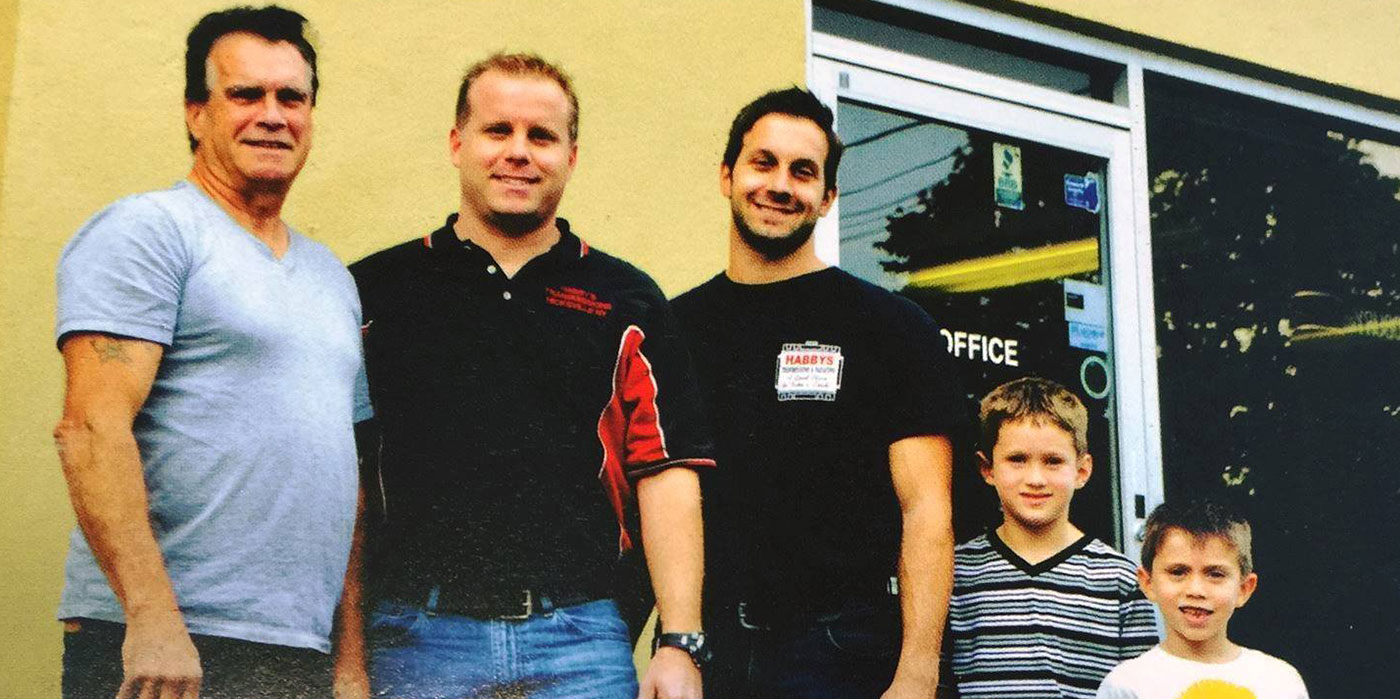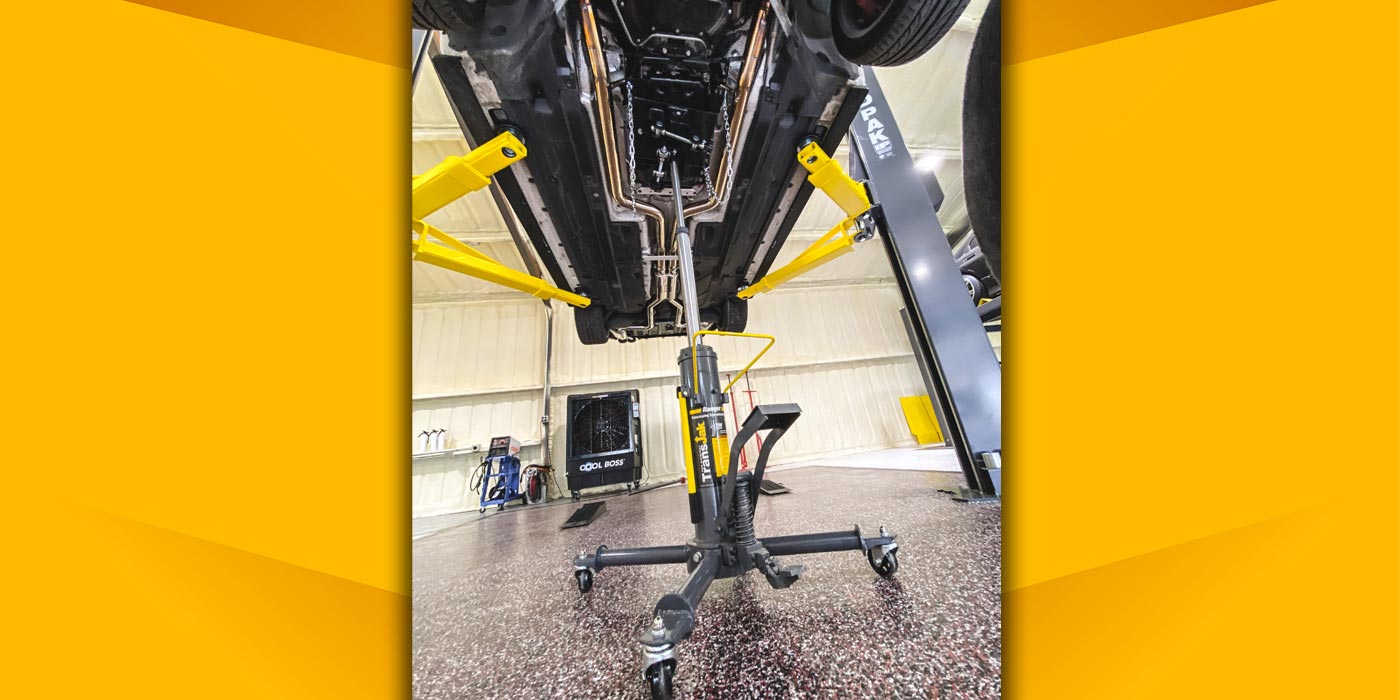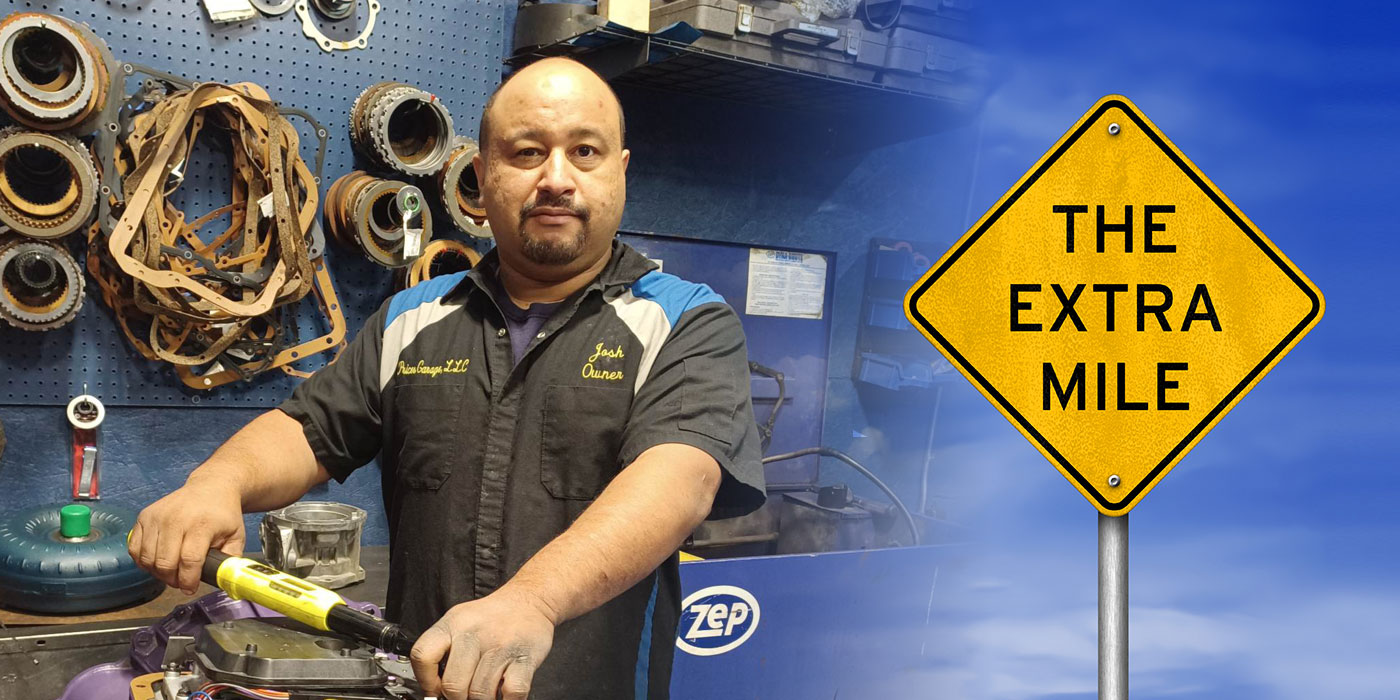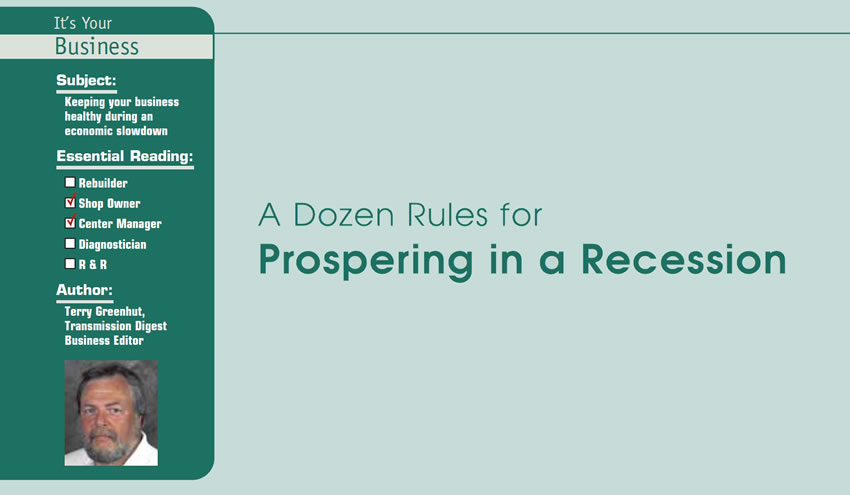
It’s Your Business
Subject: Keeping your business healthy during an economic slowdown
Essential Reading: Shop Owner, Center Manager
Author: Terry Greenhut, Transmission Digest Business Editor
Welcome to “Recession 2008.” It’s been a long time coming, but now it’s here. Should we be happy or sad about it? I guess that depends on a number of factors, so let’s take a look at them.
First, some definitions:
- Recession – When your neighbor loses his job
- Depression – When you lose yours
There was a movie out a while back called “The Perfect Storm.” It depicted how when a couple of major storms converged at exactly the right moment in the right place the destruction was severe and inevitable. That’s what a recession is like. It is several factors that come together at just the right moment to tilt the economy on its side. And although there is nothing that we little guys can do to stop it, we can many times profit from it. Throughout history, no matter what the economic conditions, some person or group has always profited.
A recession can be seen as a really big correction in an economy that has been allowed to run a little wild, and ours certainly has. Energy prices, as we all know, are through the roof, and mortgages were issued to people who not only could never repay them but also were never asked to invest any of their own money in the properties, making it way too easy for them to just walk away. The stock market kept rising even though it had no basis to do so and lately has been on a roller-coaster ride, to the point where the Federal Reserve has jumped in and lowered interest rates to try to stimulate the economy. That caused people on fixed incomes who relied on receiving interest on their money to earn less. Several American dollars put together have trouble buying a cup of coffee overseas.

Have I missed anything? Oh, yeah! John Q. Public is scared to death. He’s seen all this before and didn’t like the way it turned out last time. The “fat cats” got fatter and the average guy suffered. This time the “fat cats” are the oil companies and the investment bankers. Even though some banks are now failing because of all the bad loans, many of the principals of those institutions have walked away with millions upon millions.
So what does John Q. do when he’s scared? The first thing is he stops making long-term commitments like buying a house or a new car. It isn’t that he totally quits spending money. He just quits spending it on big expensive things. He doesn’t want to take the chance of getting locked in for too long, just in case.
During the recession one good thing that happens is that if John Q. doesn’t lose his job, which statistically speaking he probably won’t, he pays down an awful lot of debt by whittling away at those credit-card balances. Sometime near the end of the cycle, when he realizes that the storm has passed and his job is relatively secure, the flood gates open and he starts spending money again as if he had it.
So where do we fit into this equation? Right smack in the middle. Now is the time we’ve been waiting for, when they aren’t buying or leasing new cars and trucks and when they’re thinking about fixing and keeping what they have. This is the time when we have to be most visible to them.
Even if you feel as though it will be a hardship to spend on advertising right now, it will be more of a hardship if you don’t. Many of you spent advertising dollars when people weren’t really into maintaining and repairing their vehicles, but now they are, so now is the time to hit it as heavily as you can afford to.
Here are 12 ways you can help yourself to profits during this recession:
- 1 – Remind customers in your advertising that we are in a recession and that the smartest thing they can do to save money is to maintain and repair their vehicles.
- 2 – Hit the streets. Knock on the doors of as many potential commercial accounts as you can. Just like your retail customers, they aren’t trading their vehicles in, either. That means those vehicles will need to be maintained and repaired for the foreseeable future. Remember that it takes an average of seven contacts before landing a new account, so don’t be discouraged. Just keep plugging away at it.
- 3 – Work hard at keeping solid relationships with existing accounts. Your competitors will be out there trying to spirit them away from you. Stop in to see them regularly. Keep asking whether everything is all right and whether there is anything they would like to see improved about your service.
- 4 – Keep a really positive attitude at all times. As far as anyone knows, in your world things are great and just couldn’t be any better. Speak in positive terms about the economy and especially about your business. People want to be sure they are doing business with a company that will still be there after the shake-out.
- 5 – Maintain your pricing. Don’t feel sorry for people who tell you they don’t have the money, because if you do you won’t have any, either.
- 6 – Don’t think that because of economic conditions you need to start quoting prices over the phone. You don’t and shouldn’t. Economic conditions are always bad for people when they need major auto repairs. That hasn’t changed, so don’t you change actions that have always been proved successful. You still need to see the vehicle and diagnose the problem before quoting a price. Remember that if you quote a price over the phone you will just be giving them the ammunition to use against you on the next call they make.
- 7 – Customer retention is critical. The ability to either sell the job before the customer decides to drive away or gain control of the vehicle and have the customer provided with alternate transportation cannot be over-emphasized. You don’t want to do a great job on the phone and then lose them in the driveway.
- 8 – Don’t rush your process. Walk the customer through all the steps. You may, in fact, want to spend more time on each sale so that customers can better understand what they are paying for and why.
- 9 – Perform a complete inspection and prepare a report every time a vehicle comes in for any service. Look for every opportunity to make an additional sale. Take the customer on the road test or under the vehicle if need be. Letting them see what it needs and what you want to do is proof of your integrity.
- 10 – Fill out the repair order completely. The more concerned they are about money, the more they need to see that it is being well spent. Fill in as many boxes as possible. The more you write, the more they believe it’s worth. No one-liners, and no prices that end in 0 or 5 that look as though they were pulled from thin air.
- 11 – Offer to discount packages of services to get them to approve more work while they are at your facility.
- 12 – Keep in touch. In times like these, lots of hand holding needs to take place. In addition to sending the usual thank you notes and service reminders, make phone calls. Call to make sure they are happy, to offer appointments for services and to confirm appointments so they will be kept.

Visit www.TerryGreenhut.com.


